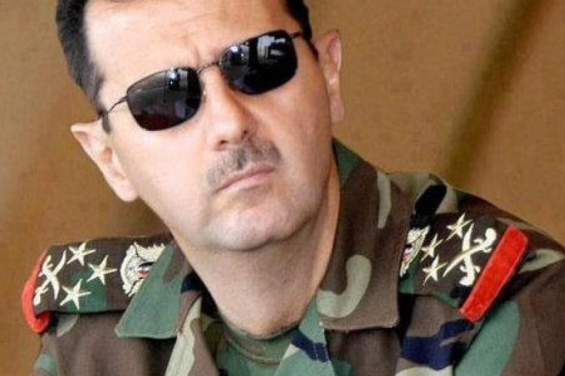Several armed Polisario members were arrested in Aleppo. However, their presence in Syria is not new. A confidential document reveals that Polisario militias participated alongside the forces of former President Bashar al-Assad shortly after the outbreak of the Syrian revolution in 2011.
This Syrian intelligence document, disclosed by groups now in power in Damascus, highlights a concerning link between the separatist movement and Assad’s regime. In 2012, the Polisario reportedly «offered» its assistance to the Syrian army to counter the opposition's advances.
The document also sheds light on Algeria's role in orchestrating the operation. According to the report, the Polisario's «offer» was coordinated through correspondence between the Algerian Ministry of Defense and its Syrian counterpart, reflecting significant interest from both governments.
Brahim Ghali calls Syrian opposition «forces of evil»
Following Algeria’s approval, a Syrian intelligence representative visited the Tindouf camps to meet Mohamed Abdelaziz, then leader of the Polisario, and Brahim Ghali, who was the group’s representative in Algeria at the time. During the meeting, Ghali reportedly described the Syrian opposition as «forces of evil». The discussions resulted in a tripartite agreement between Algeria, Polisario, and Syria, which arranged for the deployment of 120 Polisario fighters to Syria.
The report further reveals a December 2011 visit by a Polisario delegation to Beirut for consultations with Hezbollah regarding militia training for «special operations against terrorism in Syria». However, the delegation was unable to meet Hassan Nasrallah, Hezbollah's former leader, who later died in an Israeli airstrike.
This collaboration persisted even after Hamas’s October 7, 2023, operation against Israel. The recent arrest of at least 30 Polisario members in Aleppo by Syrian rebel forces underscores the ongoing nature of this relationship.
In a letter dated April 17, 2023, addressed to Bashar al-Assad on a national holiday, Brahim Ghali reiterated his characterization of the Syrian opposition as «forces of evil and brutal conspiracy». Meanwhile, the pan-Arab Baathist movement, once influential in the region, has significantly diminished since the Arab Spring.





 chargement...
chargement...













